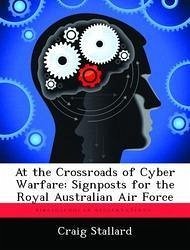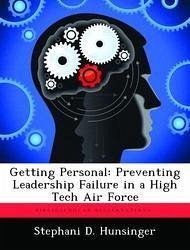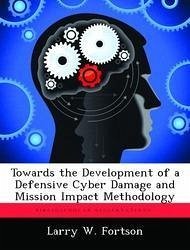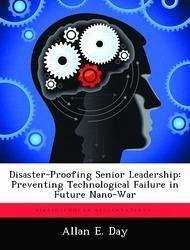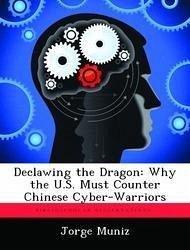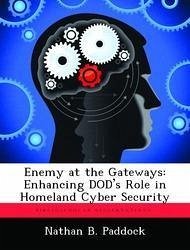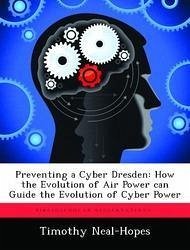
Preventing a Cyber Dresden: How the Evolution of Air Power can Guide the Evolution of Cyber Power
Versandkostenfrei!
Versandfertig in über 4 Wochen
52,99 €
inkl. MwSt.

PAYBACK Punkte
26 °P sammeln!
World Wars I and II witnessed air power's development in the crucible of hostilities. Ambiguous and competing air power schools of thought, on occasion, resulted in the strategically questionable employment of air power. The Allies' bombing of the cultural city of Dresden in February 1945 serves as a vivid instance of the results of these tensions. The firestorms that devastated Dresden now inflame the contemporary air power debate: was the area bombing of Dresden proportionate to the commensurate military gains? Striking similarities exist between the emergence of cyber power today, as a mean...
World Wars I and II witnessed air power's development in the crucible of hostilities. Ambiguous and competing air power schools of thought, on occasion, resulted in the strategically questionable employment of air power. The Allies' bombing of the cultural city of Dresden in February 1945 serves as a vivid instance of the results of these tensions. The firestorms that devastated Dresden now inflame the contemporary air power debate: was the area bombing of Dresden proportionate to the commensurate military gains? Striking similarities exist between the emergence of cyber power today, as a means of warfare in a new domain, and the development of air power in the first half of the twentieth century. Reflection upon air power's evolution has been employed as a guide for the more efficient and effective development of cyber power. An analysis of air power's formative years has highlighted many of the pitfalls that lie hidden on cyber power's developmental path. An awareness of these pitfalls will allow cyber power to develop pre-emptive strategies on how best to avoid them; thus, debates pertaining to a cyber Dresden will be able to take place before, rather than after, the event. Learning from air power's early experiences will help prevent cyber power from becoming mired in the same pits that frustrated air power's development. In turn, cyber advocates will be better able to concentrate their focus upon developing a coherent theory of cyber power, uniquely tailored to the challenges of their own domain.



